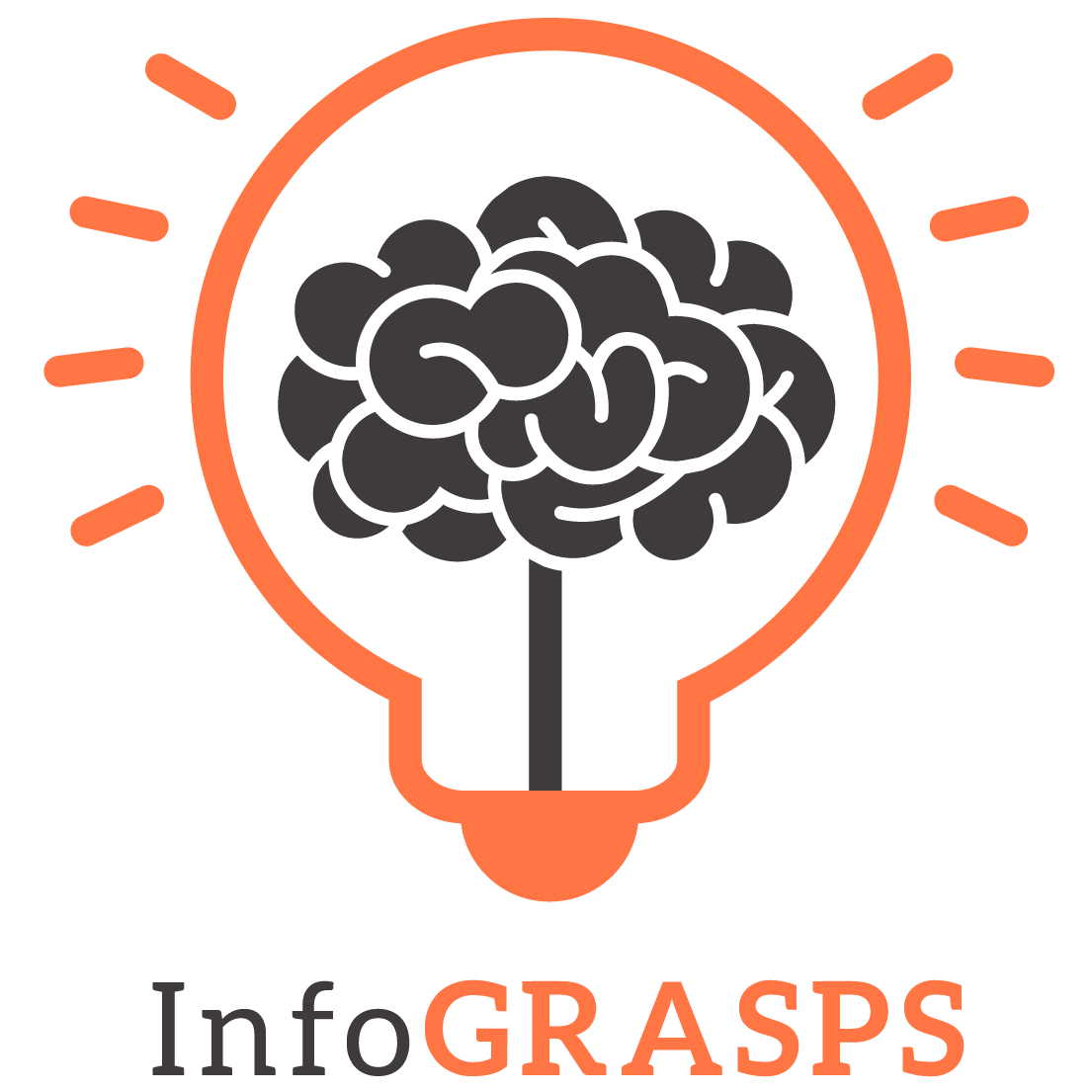Contemporary Educational Psychology
Contemporary Educational Psychology, also known as EDPS, is a peer-reviewed academic journal devoted to the study of educational psychology, emphasizing research methodology. The editor-in-chief of this journal is Patricia Alexander.
EDPS has been published continuously since 1975 by the Department of Education of the University of New Mexico. It is one of the most prestigious journals in the field of EducationEducation and research. EDPS is indexed in the major academic databases such as PsycLib and ISSN. EDPS contains both peer-reviewed and non-peer-reviewed articles.
One of the primary objectives of the EDPS is to increase the level of public awareness and interest in learning about psychology and EducationEducation. This journal promotes research, knowledge dissemination, and communication between researchers, teachers, and educational professionals in EducationEducation and psychological research. This journal is also dedicated to fostering a positive educational climate, where knowledge is shared and applied to improve the lives of all people involved.
EDPS research
Contemporary Educational Psychology publishes original research papers that focus on educational theory and research, emphasizing the development of new ideas and new empirical methods for studying learning processes in the classroom. Besides providing a forum for scholarly dialogue among researchers, this journal is an excellent venue for professional educators. It provides an informative meeting for discussions of new developments in education research while offering educators a platform to exchange ideas. These discussions include sharing results from research studies and discussions of issues in educational practice that face practitioners.
Contemporary Educational Psychology is an essential venue for teachers and educational practitioners because it provides a platform for critical interaction, providing a forum for educators’ teaching and research. It provides an independent forum for teachers, researchers, educators, and administrators to exchange ideas about research methods. This publication offers an independent platform for professionals to discuss the current state of education research.
For anyone who would want to pursue an academic career in EducationEducation, especially in psychology or educational research, EDPS is an excellent choice. This publication is a high-quality publication that provides an independent forum for sharing ideas and conducting research and discussions among educators and researchers. It is an invaluable resource for a professor and an academic researcher.
Anyone who is considering entering the field of Education or research as a professional should view this publication. Its contents are both informative and stimulating. The journal can be valuable to individuals who are interested in pursuing careers in EducationEducation and to those who are now applied in the field.
Contemporary Educational Psychology provides an independent forum for teachers, researchers, educators, researchers, and administrators to share ideas and conduct research and discussions among educators and researchers. It provides an independent forum for teachers, researchers, educators, and administrators to share ideas and conduct research and conversations among educators and researchers. It provides an independent platform for teachers, researchers, educators, researchers, educators, and administrators to share ideas and conduct research and discussions among educators and researchers.
Structural Equation Modeling
Structural equation modeling sometimes referred to as SIM, is a statistical method of solving problems by considering structural relationships between variables. It was first adopted in the 1950s as part of structural analysis to model structural relationships’ behavior in structural engineering systems. It has since moved modified and used in many other disciplines.
Structural Equations Modeling (SEM) attempts to reduce specific mathematical procedures’ complexity to their underlying linear relationships. SEM is used to describe the processes of geometric selection that are used in engineering. It is used to describe various methods and patterns of choice. SEM is also used to describe multiple mathematical expressions that are used in structural engineering and computer-aided design. SEM is used to create a mathematical representation of the processes used by structures such as building foundations, dams, airports, tunnels, and systems’ structural behavior.
The application of structural equations is used in many different applications in both scientific and engineering domains. It can be used in computer-aided design to create models of a physical system using data and information.
Students in contemporary educational psychology learn how to use the mathematical concepts and applications of structural equations and the methods and techniques used in SEM and structural engineering. Students learn to use various mathematical concepts while learning to apply these concepts to real-world applications and experiments.
STEM
Also, students learn how to develop mathematical models and how to construct mathematical expressions, both from a theoretical perspective and from experience with structural equations. Students learn to manipulate linear and non-linear equations and how to interpret the results of these equations. They also learn to construct numerical formulas using real-world data science projects.
Students who pursue a graduate program in structural equation modeling learn to build models to explain physical phenomena using statistical methods, create mathematical representations of the underlying non-linear relationships of structures, and analyze structural equations. Students also learn how to apply statistical methods to real-world examples.
This graduate program in Structural Equation Modeling is part of the emerging field of Contemporary Educational Psychology. In particular, the program addresses how mathematics is used in Education and its role in teaching science, technology, engineering, and math (STEM).
In the curriculum for this graduate degree in Structural Equation Modeling, students learn to understand and create complex structural equations using mathematical tools like the Generalized Linear Model, the Taylor Formula, and Gaussian Elimination Methods. Students learn how to develop mathematical representations of a structure’s non-linear relationship, its parameters, and equations and analyze and interpret these relationships.
Structural Equation Modeling Applications
Students who pursue graduate studies in Structural Equation Modeling learn how to use mathematical models and mathematical expressions in various applications. These applications include
- using mathematical models to describe real-world phenomena,
- developing and analyzing mathematical models to analyze real-world situations, and
- using these models in the design of structural structures.
Students learn to construct mathematical representations of geometric and non-linear relationships in structures using real-world data. Students also learn to analyze structural equations’ results through this program, creating a mathematical name of the underlying non-linear relationship of the systems being modeled.
Education Psychology Degree – A Career in an Exciting Field
Educational psychology is one of the most in-demand graduate degrees among doctoral psychology programs. Educational psychology graduate certificate programs and Contemporary Educational Psychology can offer you the chance to broaden your depth of knowledge of academic psychology or learn about a specific concentration area in educational psychology. This is a great career choice for those who enjoy working with individuals on a clinical level and have a keen interest in helping the public.
Academic psychology
Becoming an educational psychologist is both fulfilling and rewarding because you will help many individuals, both students and adults, deal with a variety of learning challenges, including academic, emotional, interpersonal, and behavioral issues. You may work closely with college students to help them achieve their educational goals, whether that means teaching them what they need to succeed on standardized tests, helping them set up their schedules, working with them to develop effective study techniques, or working with them on individual counseling sessions or group therapy sessions.
You may also work with parents, children, and other groups of people to help them achieve personal growth goals or improve their general mental health. You may even be involved in research studies to study the causes of mental disorders and how they can be prevented.
Several Educational
There are several educational psychologist programs to consider and graduate degree options such as Ph.D. and MS degrees. Master’s educational psychology programs allow you to focus on a specific area, such as developmental psychology or school psychology while completing an entire curriculum. You may also complete an internship to gain experience in a field that interests you, such as behavior therapy or school psychology.
A Master’s degree in educational psychology prepares you for a career as a school psychologist, including counseling faculty, administrative roles in schools, or even clinical positions. You will gain expertise in a specific area, such as academic, behavioral, cognitive, developmental, or school-wide psychology, which may be beneficial if you want to open a clinic of your own or train others for the same job.
Master’s degree in EducationEducation Psychology
A Master’s degree in educational psychology is ideal for those who wish to work in private practice after completing their academic degrees. You may also be prepared to gain employment at private schools, nonprofit organizations, and even government agencies, depending on your educational background and job goals.
You may decide to take courses on a part-time basis to earn your undergraduate degree and then pursue a Master’s in educational psychology to advance your career. You may choose to continue your EducationEducation to gain additional degrees in various related fields, including academic counseling and social work or social work psychology.
If you seek a career in an exciting and challenging field where you can help individuals improve their mental health and well-being, earning a Master’s degree in educational psychology may be just the right choice for you.
With a Master’s degree, you will be prepared to help a wide range of individuals with various mental health and academic challenges, including students, adults, children, families, and adults with special needs, and even adults who have specific behavioral needs.


